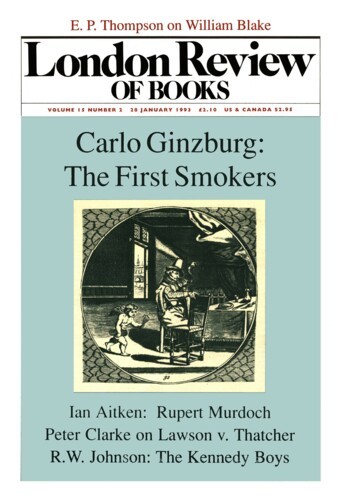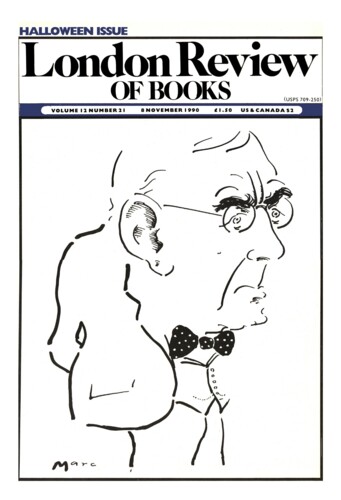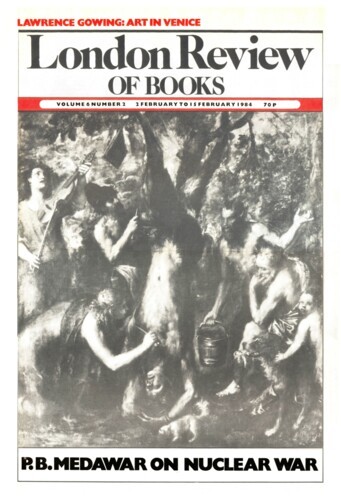The Case of Adriano Sofri
Carlo Ginzburg, 3 April 1997
The eruption of youthful insubordination in 1968 seemed to go beyond barriers of language, culture and class. Today, almost thirty years later, one is struck not only by the homogeneity of the movement, but also by the diversity of the traces it left behind in different countries. In Germany, for example, the effects of 1968 (or so it seems to a foreigner) were expressed mainly in people’s private lives and a gulf opened up between generations. In Italy, political and social stability were profoundly shaken. The workers’ struggle for improved conditions of employment, sparked off by the French example, dragged bitterly on throughout the ‘hot autumn’ of 1969. The climax came on 12 December, when a bomb exploded in a Milan branch of the Banca dell’Agricoltura: 16 people were killed, and another died soon afterwards. On the same day, two more bombs exploded in Rome, one in a bank and the other next to the Altare della Patria, but in neither case was anyone hurt. According to the questore (the state functionary in charge of public order), Milanese anarchists were responsible for the bombings.




